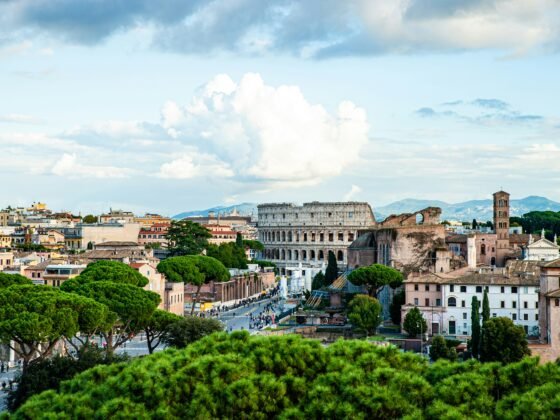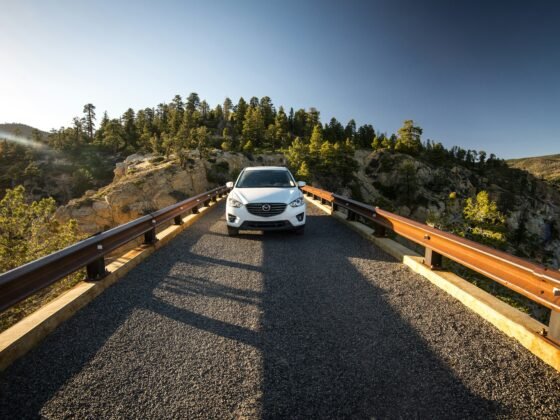We all know that air travel has a high carbon footprint and so many environmentally savvy travellers are opting to explore their own country instead of heading abroad. However, it may not occur to us to think about the impact a hotel stay has on the environment.
The average hotel has a large carbon footprint, so why not grab a tent and head off on an eco-friendly camping holiday instead? Cheap tents can be a fantastic investment, allowing you to enjoy low-cost, environmentally-friendly holidays year on year.
When you consider the scale of the heating and lighting used by hotels, and the fact that most will use these resources 24 hours a day, you begin to get a picture of how much energy they consume. Often this energy is wasted; for example, even when guests are sleeping, hotel lobbies are often manned and corridors lit.
You may have seen the signs displayed in most hotels asking you to reuse towel in order to reduce laundry, but what about the raft of cleaning products used every day to prepare rooms for incoming guests, or the water used in each room?
Hotels with restaurants can be more wasteful still. What happens to the leftover food at the breakfast buffet, for example? All of these small things can add up to a considerable environmental impact.
When it comes to camping, the consumables are kept to a minimum. There’s no heating involved and very little lighting. Cooking hot food can be a chore so this may also be kept to a minimum.
While you’re on a camping break your television is switched off, as are gadgets, hair straighteners and games consoles. Many of the energy sapping items that we would normally use on a day to day basis are left at home in favour of a more natural, back to basics approach.
Cost wise, there’s obviously a huge difference between the outlay needed for camping holidays and the outlay needed for an annual or bi-annual trip abroad. Once you’ve bought your tent, there’s little else that you need. A tent sale can reveal some great value buys; so your tent is something that needn’t break the bank.
Aside from a tent you’ll need sleeping bags and something to sleep on, such as an airbed or camping mat. Many campers also like to have camping chair, but apart from that there’s not much else to worry about.
Of course, you can buy a wide range of items to aid your enjoyment while camping, from travel kettles and gazebos to portable barbeques and camping stoves. Of course, these aren’t essential, but they can mean you have a much more comfortable holiday.
All of the items bought for camping can be reused, making them excellent value for money and also excellent news for the environment. When your tent is ready to be traded in for a new model, you can donate it to a recycling organisation such as The Big Tent Recycle, who will put your old tent to good use.
Camping holidays are all about getting into nature and enjoying your surroundings. Therefore another added bonus of this type of holiday (in terms of reducing impacts on the environment) is that campers are more likely to leave their cars in the car park and head off on foot for an adventure.
Swapping your two weeks in the sun (which would typically involve flights, transfers, hotel stays and numerous days and night out) for the simple pleasures of a camping trip will not only benefit the environment; it will also save you money, stress, hassle and allow you to enjoy getting close to nature while spending some quality time with your loved ones away from the distractions of modern life.
Sometimes, it’s the simple pleasures in life that are the best.









